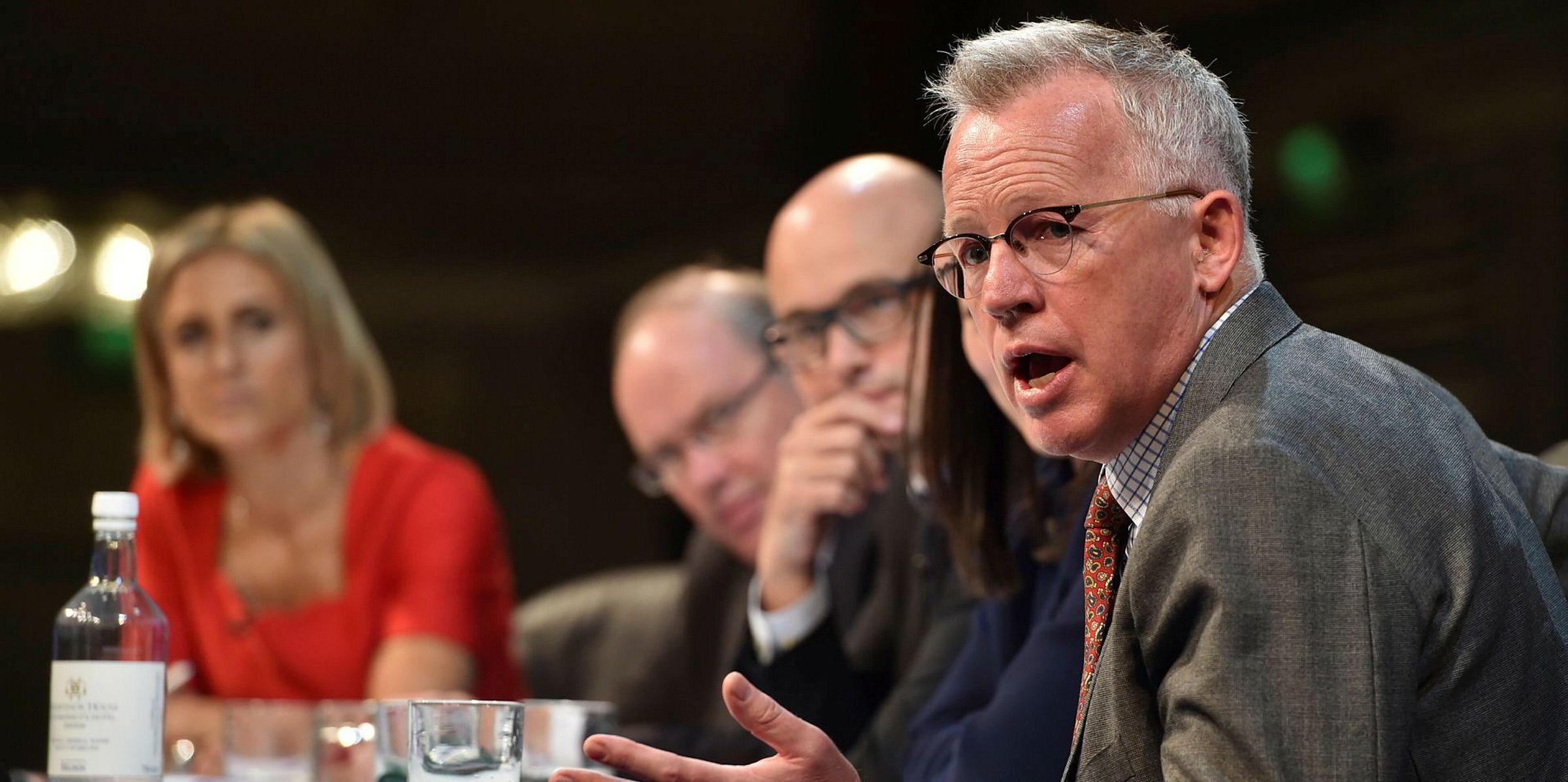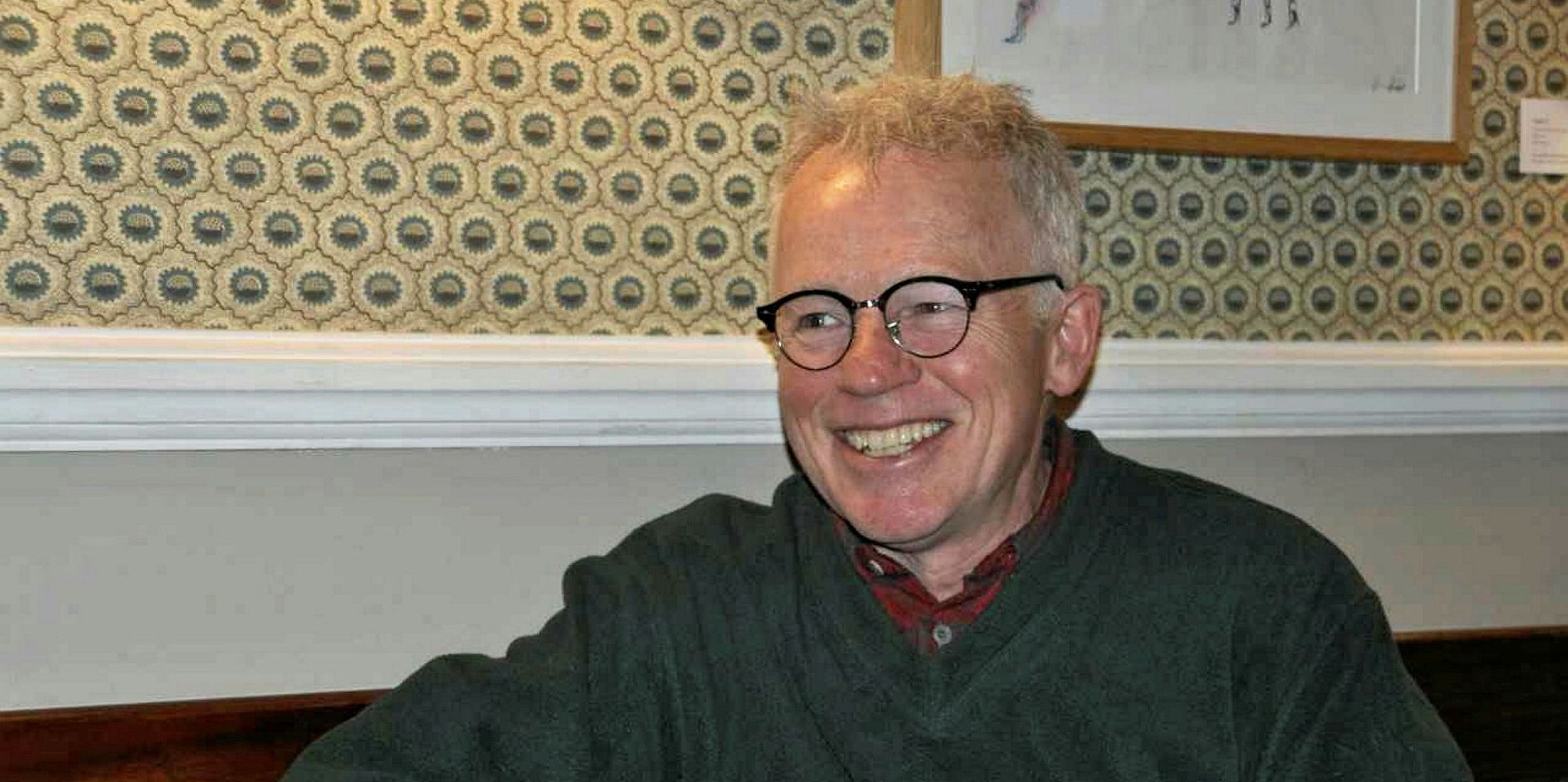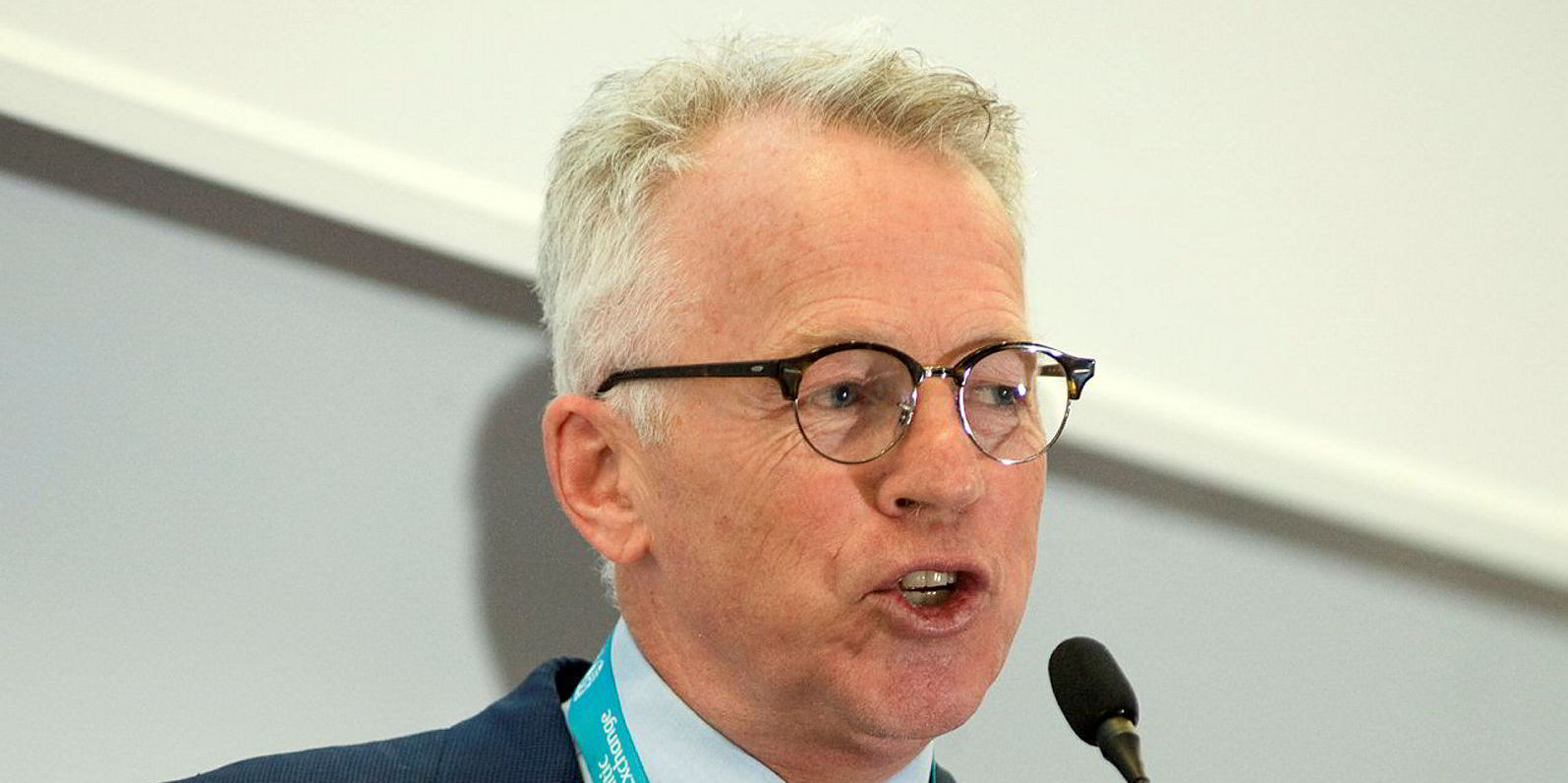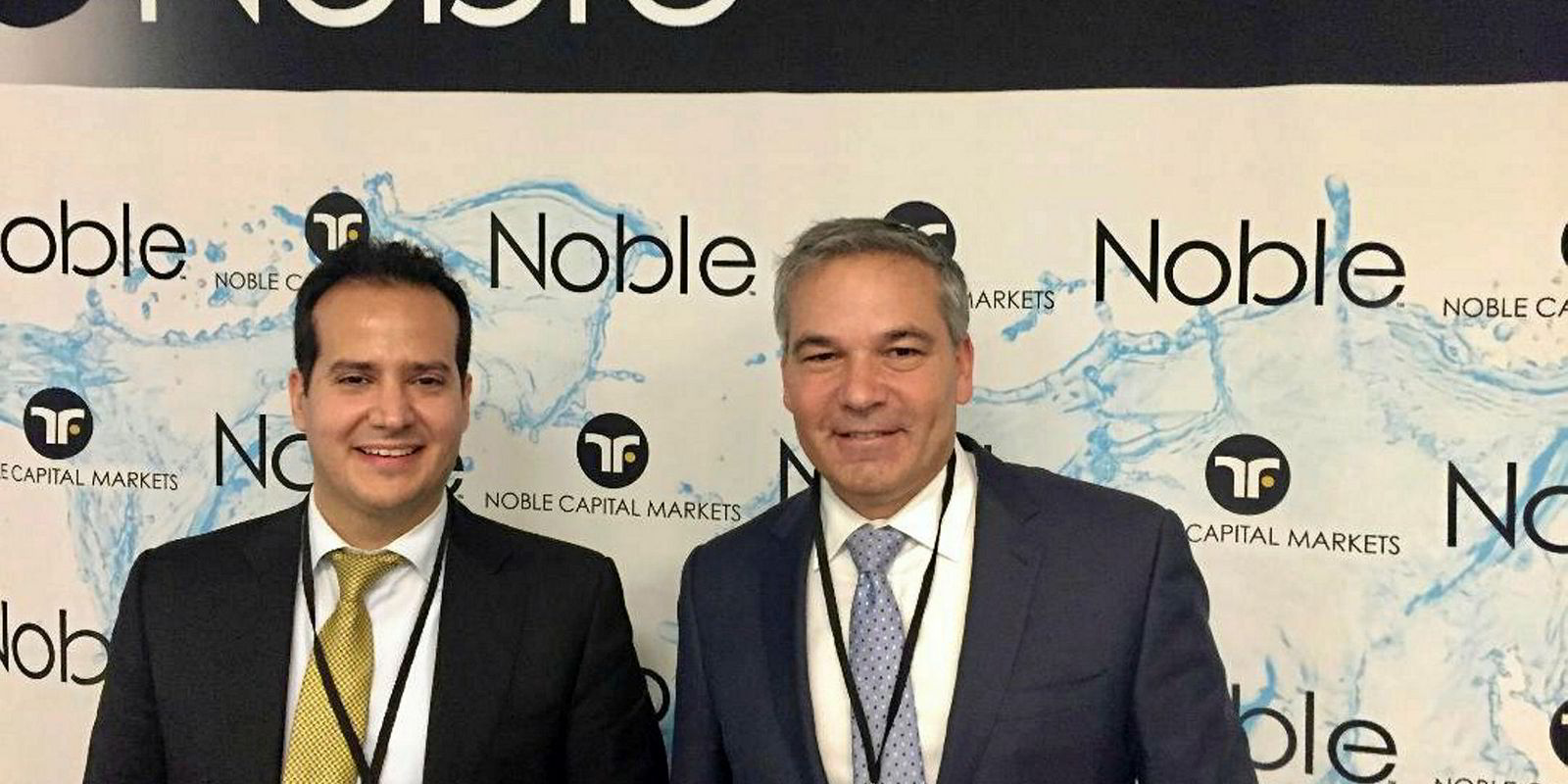Why is there not more tangible value in good corporate governance in shipping? It’s a question that many people think, but few dare to ask openly.
It is not that stronger standards of governance are not needed. Far from it. In fact, quite the reverse is true.
The litany of shipping industry hucksters who have spun inflated stories to gullible Wall Street punters with the enthusiastic backing of egotistical investment bankers tells its own story.
Objectively, it is unarguable that shipping companies — especially those who seek public investors — need higher and better-enforced governance standards.
'Governance abuses'
As Deutsche Bank analyst Amit Mehrotra told a conference panel on the subject last year: “There’s not one business in the world that has the corporate governance abuses that are present in shipping.”
Wells Fargo Securities' Michael Webber has waged a long campaign to highlight the issue with his corporate governance scorecard that ranks 56 US-listed shipping companies on the rigour of their standards.
Webber’s analysis has shown that outfits towards the top of his table see their share price outperform their rivals by a reasonable margin, both in the short term and the long term, while those at the bottom underperform.
But many may ask why the gap is not significantly larger? That is, why are investors not committing more capital to companies that are, on objective measures, significantly better run?
It is an issue that goes to the heart of the story of Paddy Rodgers, who announced earlier this week he was stepping down as chief executive of tanker giant Euronav.
Top-quartile regular
Euronav has regularly featured in the top quartile of Webber’s governance scorecard, with Rodgers particularly proud of his strong commitment to high operating standards and safety. Euronav recently won inclusion in the Bloomberg Gender-Equality Index for the second year.
Rodgers was something of a groundbreaker as a professional executive manager hired to run a company, rather than a family member with a controlling stake in the business.
Although first appointed from the Saverys family business network — which had a founding stake in Euronav — he has long been an independent leader.
Now after nearly 20 years in the role, he says it is time for a change. Completing the acquisition of listed tanker rival Gener8 Maritime last summer was a drawn out and tiring project. And 20 years as chief executive is stretching good corporate governance to the limit.
You should choose a time when you want to go, not wait until someone else wants you to go
Paddy Rodgers
Highs and lows
Rodgers has led Euronav since 2000, seen it through the tanker crisis of 2011 and 2012, its New York initial public offering, and purchase of Maersk Tankers’ VLCCs. “You should choose a time when you want to go, not wait until someone else wants you to go,” he told TradeWinds this week.
There will be some who suspect he has jumped before being pushed. Euronav’s share price remains lacklustre — along with all its big tanker rivals, reflecting tough trading conditions buffeted by Opec cuts on one side and continued newbuildings on the other.
But everything is relative. Euronav remains a "buy" pick of many shipping analysts, it has nearly $700m of liquidity, less than 50% leverage, and a market capitalisation of more than most of its rivals combined. And 2020 could yet be a bumper year.
Mehrotra put it well this week: “We always respected him [Rodgers] as one of the best stewards of capital in the shipping industry.”
Shareholders want more
Yet still its shareholders have been pushing for more. They will hope that the Euronav board will bring in someone who shares Rodgers’ bold vision for growth with good risk management.
Rodgers' story does have its upside, however. Just hours after news broke of his intention to stand down, he received a first approach to become a non-executive director of another company. And that evening headhunters were buzzing around thrusting cards into his hand.
Rodgers may have quit Euronav, but we can be sure he will be back with the value of good corporate governance high on his agenda. The only question is where?







